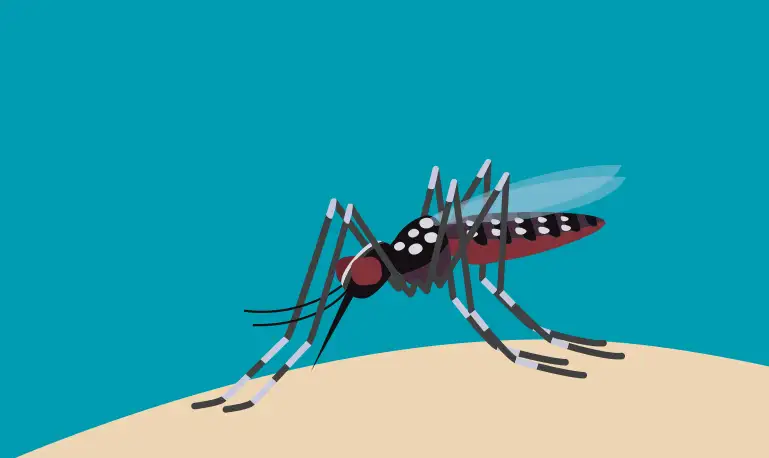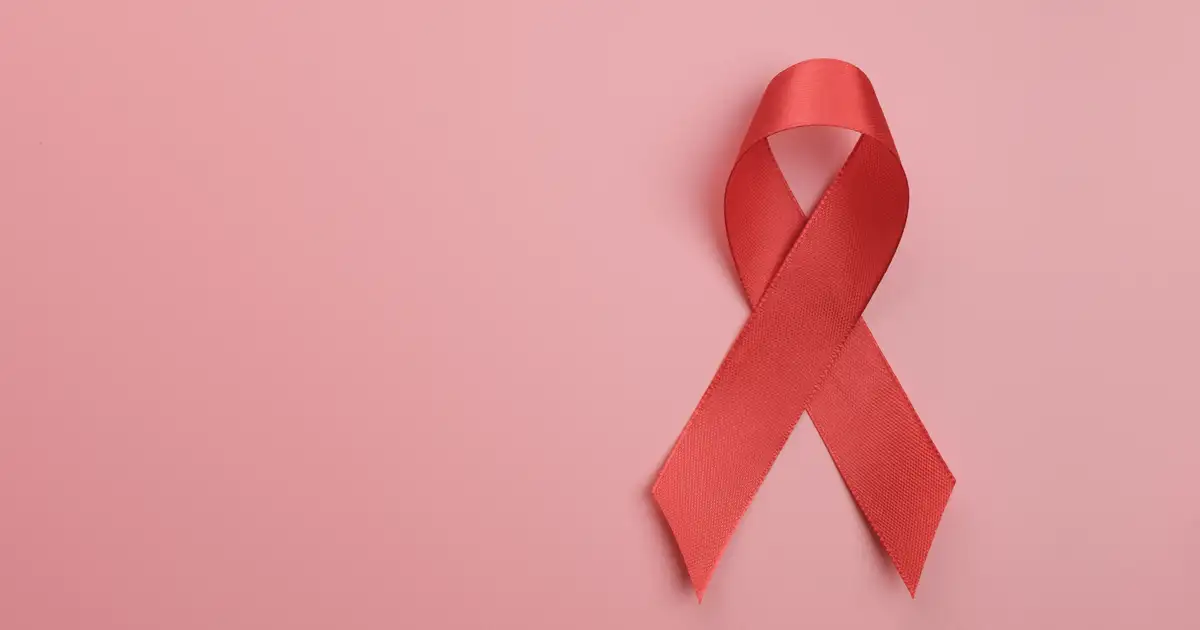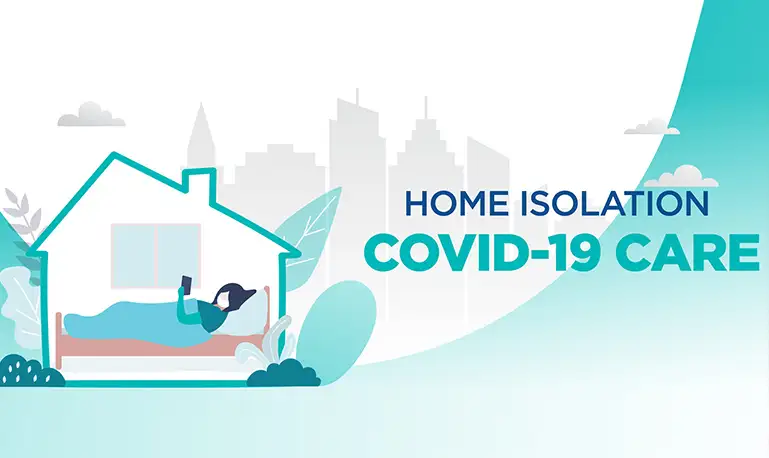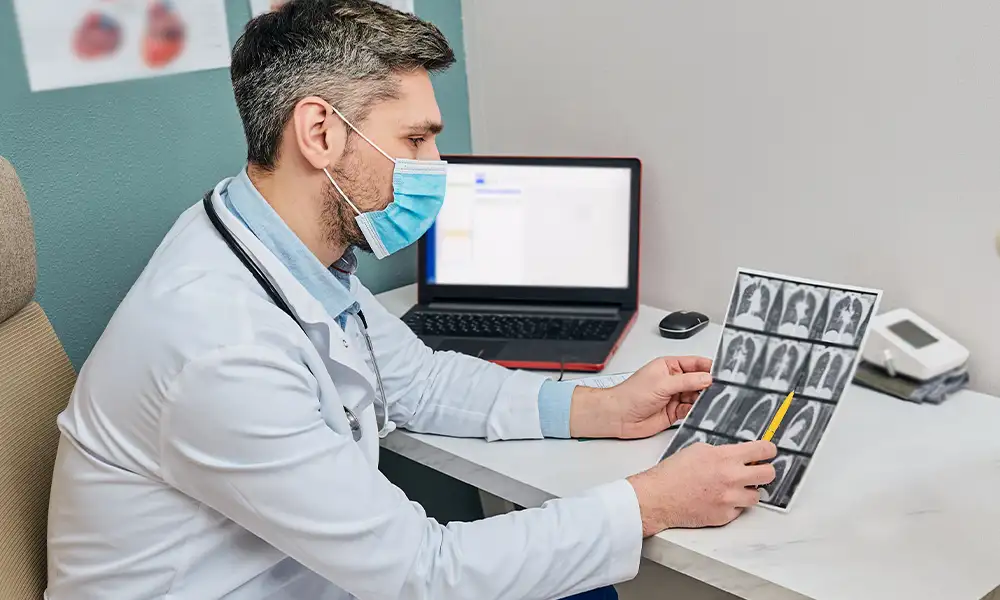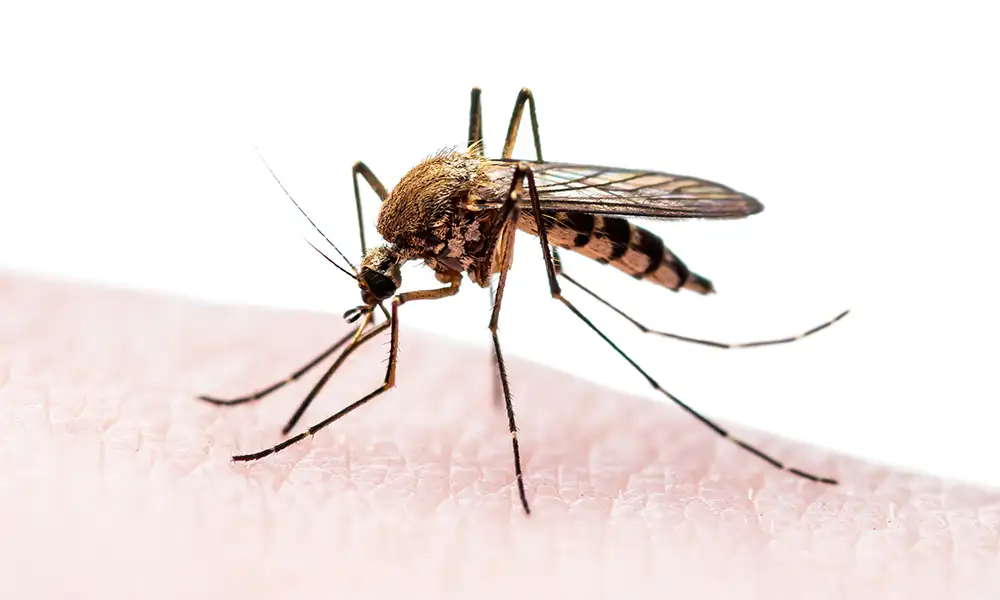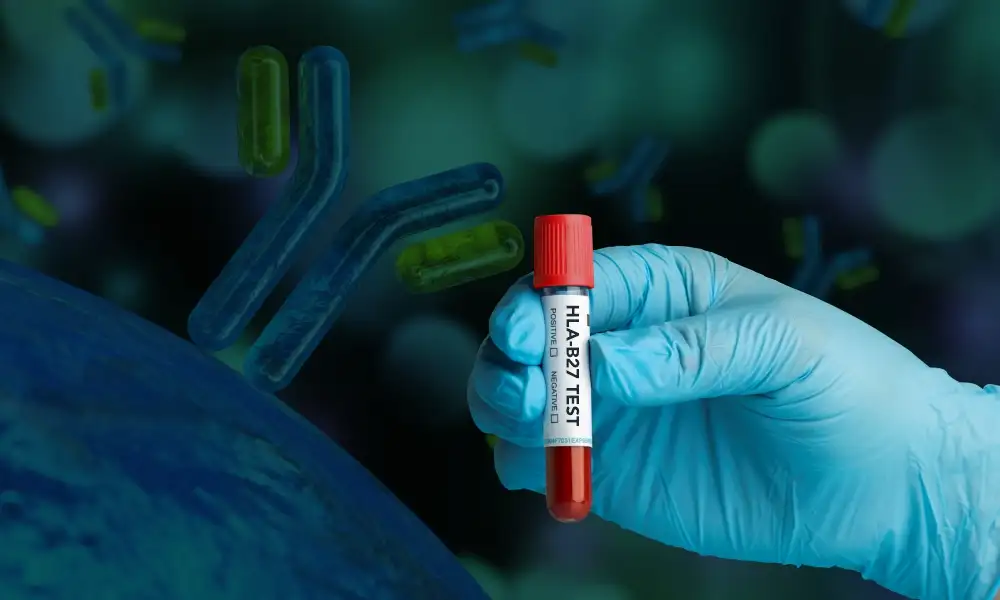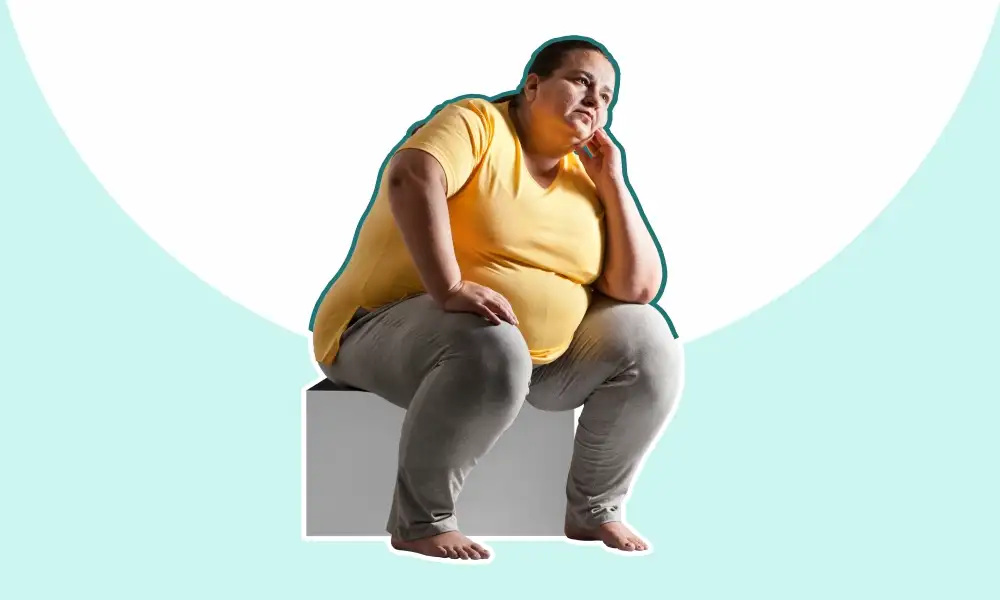International Women's Day: Breast & Cervical Cancer Awareness
- March 16,2022
- 1 Min Read

Breast cancer is the most common cancer in Indian women.
Cervical cancer is the 2nd most common cancer in Indian women.
Together, breast and cervical cancer account for approximately 40% of all cancer deaths in India.
BREAST CANCER
Breast cancer is a type of cancer that starts in the breast and may spread elsewhere.
Breast cancer is mostly seen in women but can rarely be seen in men.
Symptoms/warning signs of breast cancer:
- New lump in the breast or underarm (armpit).
- Thickening or swelling of part of the breast.
- Irritation or dimpling of breast skin.
- Redness or flaky skin in the nipple area or the breast.
- Pulling in of the nipple or pain in the nipple area.
- Nipple discharge other than breast milk, including blood.
- Any change in the size or the shape of the breast.
- Pain in any area of the breast.
Like all cancers, it is best to detect breast cancer early and proven methods of screening exist which can help detect it very early.
Screening for breast cancer:
- Breast self-examination: A simple and easy procedure which can be done at home.
- Clinical breast examination: This is the examination of the breast by a trained healthcare professional.
- Mammography: Women who have regular mammograms are more likely to have breast cancer found early and more likely to have good treatment outcomes.
Importance of breast cancer screening:
Even though treatments have come a long way, early detection is still the best way to ensure a positive outcome. And early detection comes with screening.
The American Cancer Society recommends that breast cancer screening for women without any family history must start at the age of 40 years:
- Women between 40 and 44 years have the option to start screening with a mammogram every year.
- Women between 45 to 54 years should get mammograms every year.
- Women between 55 years and older can switch to a mammogram every other year, or they can choose to continue yearly mammograms.
CERVICAL CANCER
- Cervical cancer is a type of cancer affecting the cervix which is the lowest portion of the uterus.
- This cancer is caused by the human papillomavirus (HPV).
Symptoms/warning signs of cervical cancer:
- Early on, cervical cancer may not cause signs and symptoms.
- Advanced cervical cancer may cause bleeding or discharge from the vagina that is not normal for you, such as bleeding after sex.
Screening for cervical cancer:
There are 3 major modalities for cervical cancer screening:
- HPV DNA testing
- Cytology (also known as a PAP smear)
- Co-testing (this is a combination of HPV DNA testing and cytology)
There are also 2 types of cytology testing:
- Conventional PAP smear
- Liquid-based cytology (LBC)
Of the two, liquid-based cytology is superior to conventional PAP smear.
Cervical Screening Guidelines By The American College of Gynecologists
After the age of 65 years:
- When to test:
- If you have not had any screening done before the age of 65 years.
- If you are immunocompromised.
- If you have a history of cervical cancer or high-grade precancerous lesions in the past.
- When not to test:
- If you have an adequate negative screening history (at least 2 consecutive co-testing screenings or consecutive negative cytology screenings in the past 10 years).
HPV vaccinations:
- Vaccines against HPV are also available.
- Even though the recommended age for vaccination is less than 14 years, the vaccine can be given to women up to the age of 26 years.
- However, women who have been vaccinated should still undergo screening.
The risk is not knowing.
This women's day, make your health a priority!
Want to book a test? Fill up the details & get a callback
Most Viewed
Premarital Health Screening
- 20 Min Read
Typhoid - Signs and Symptoms
- 3 Min Read
Home Isolation Guidelines - Covid-19 Care
- 5 Min Read
HLA B27 Detection: Flow Cytometry & PCR
- 1 Min Read




